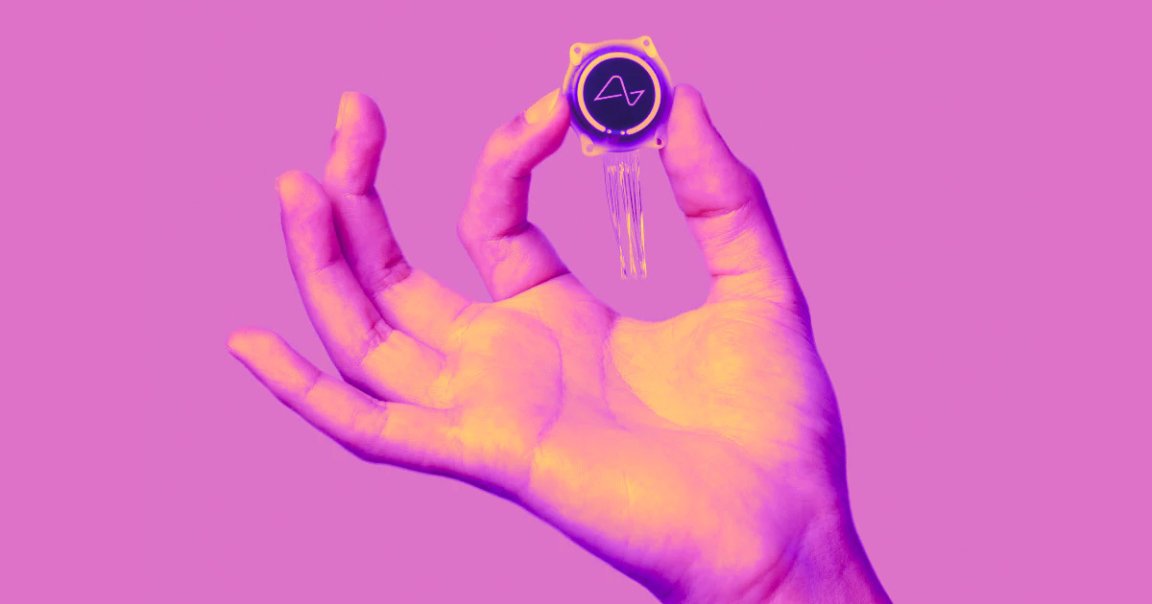
Despite issues manifesting in its first implantee, the Food and Drug Administration has given Neuralink the green light to implant a brain chip in a second human test subject.
As the Wall Street Journal reports, Neuralink appears to have gotten the go-ahead because it proposed a fix for the problems suffered by its first patient, 29-year-old quadriplegic Noland Arbaugh.
As previous reports indicate, a majority of the 64 thread-like wires connected to Arbaugh’s chip began to come loose, causing him to lose some of the implant’s functionality just a month after it was inserted earlier this year.
To fix it, an anonymous insider told the newspaper, the Elon Musk-owned company plans to jam the wires, each thinner than a human hair, even deeper into the next subject’s brain — which yes, sounds pretty gruesome to us, especially considering the monkey death toll associated with the company.
Despite how freaky all of that sounds, the description of what’s happening to Neuralink’s first test subject are more emotionally tragic than physically disturbing, and there appears to be some hope that the fix for the second implant might improve upon the failures of the first go-round.
In interviews with Bloomberg and the WSJ, Arbaugh described the incredible highs of having experiences restored to him, such as being able to better communicate with friends and play video games using his mind, only to start unexpectedly losing them.
“[Neuralink] told me that the threads were getting pulled out of my brain,” Arbaugh told Bloomberg. “It was really hard to hear. I thought I’d gotten to use it for maybe a month, and then my journey was coming to an end.”
As he noted in both interviews, that rapid loss of functionality so soon after it had been bestowed upon him took a huge emotional toll.
“I was on such a high and then to be brought down that low. It was very, very hard,” he told the WSJ. “I cried.”
According to Bloomberg, Neuralink has implemented algorithmic workarounds to better interpret the data from Arbaugh’s implant, as only 15 percent of the threads remain intact and continue transmitting data remotely.
With FDA approval in place, the company’s next steps will be to approve one of the more than 1,000 applicants who’ve applied, according to the WSJ‘s source. The company hopes to do the implantation sometime in June, that insider added.
While it’s good that things haven’t gone worse for Arbaugh, it’s clear now that Neuralink is applying Silicon Valley’s “move fast and break things” adage, coined by Musk’s nemesis Mark Zuckerberg, to its approach to human test subjects.
More on Neuralink: Neuralink Knew Its Implant Likely to Malfunction in First Human Patient, Did Brain Surgery Anyway